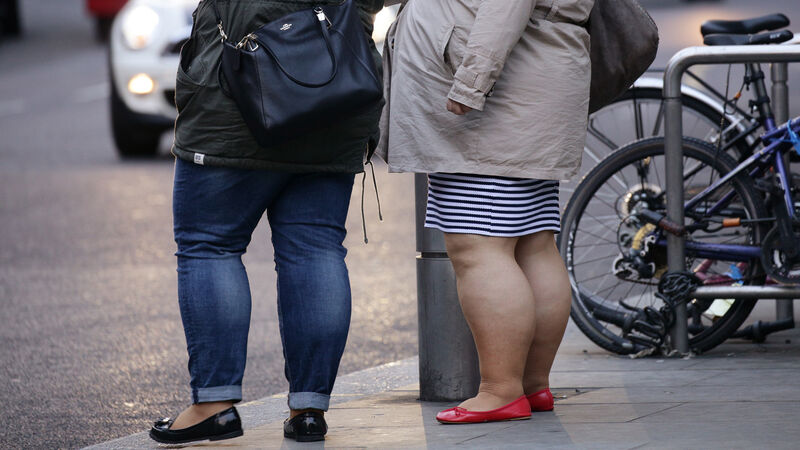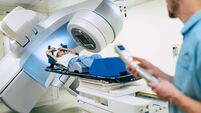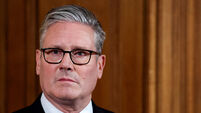Cancer cases in younger people rising globally, researchers say

Researchers said that while genetics play a part, factors such as obesity, alcohol consumption and smoking could also be leading to an increase in cancer cases in younger people (PA)
Factors such as obesity and alcohol consumption are contributing to a worrying rise in global cancer cases among younger people, a study suggests.
Researchers estimated there had been a 79% hike in new cases of cancer in those aged under 50 between 1990 and 2019.














